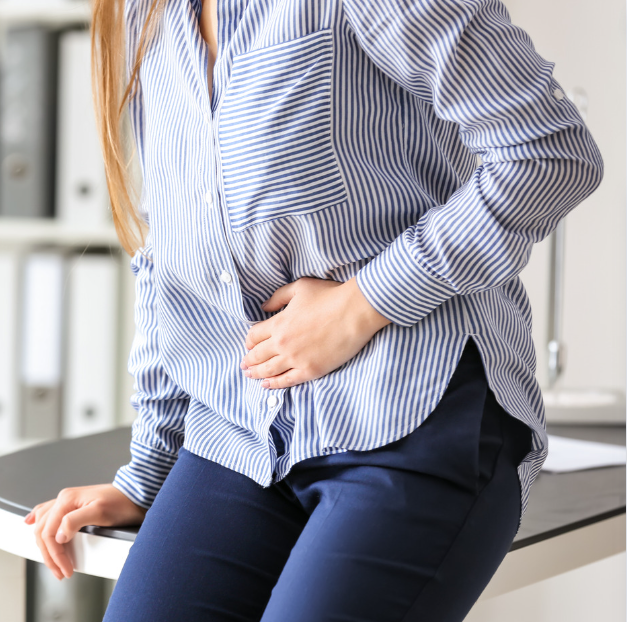
Why do I feel anxious when I bloat?
Until recently, anxiety was treated solely through medication, although it's clear that in many cases, therapy is helpful, especially (which I consider essential in these cases). There are increasingly more studies supporting the use of improved digestive health and physical exercise in its treatment.
 Anxiety Rates in Spain: A Worrying Reality
Anxiety Rates in Spain: A Worrying Reality
Anxiety is a common mental disorder in Spain. According to the 2020 National Health Survey (ENSE), approximately 6.7% of the Spanish population has been diagnosed with some type of anxiety disorder. This percentage translates to millions of people facing this challenge in their daily lives.
The COVID-19 pandemic has exacerbated this problem, with a significant increase in cases of anxiety and other mental disorders. Recent studies indicate that the prevalence of anxiety symptoms has doubled compared to pre-pandemic years. Uncertainty, social isolation, and economic concerns have been key factors in this increase.
 Anxiety: The Expression of Fear
Anxiety: The Expression of Fear 
Anxiety can be described as an exaggerated fear response. While fear is a natural emotional reaction to an immediate threat, anxiety is an anticipatory response to a perceived threat. In other words, anxiety is the fear of the future, the unknown, and the uncertain.
Fear and anxiety activate the sympathetic nervous system, preparing the body for "fight or flight." This includes a series of physiological reactions such as increased heart rate, adrenaline release, and hyperventilation. While these responses are useful in situations of real danger, their constant activation due to anxiety can be detrimental to health.
 Microbiota and Anxiety: The Invisible Connection
Microbiota and Anxiety: The Invisible Connection 
The gut microbiota, composed of trillions of microorganisms, plays a crucial role in our overall health, including mental health. Through the gut-brain axis, these microorganisms can influence mood and behavior. Here, we explore how the microbiota may be linked to anxiety.
Scientific Studies that support it
- Germ-Free Mice Study : A seminal study published in "Neurogastroenterology & Motility" (2004) investigated the behavior of germ-free mice. These mice displayed more anxiety-inducing behavior compared to mice with a normal gut microbiota. When these mice were introduced to a healthy gut microbiota, their anxious behavior significantly decreased.
- The Role of Probiotics : Research published in "General Psychiatry" (2019) examined the impact of probiotics on human anxiety. The results showed that administering specific probiotics, such as Lactobacillus and Bifidobacterium, can significantly reduce anxiety symptoms. These probiotics appear to act by modulating inflammation and neurotransmitter production.
- Microbiota and Neuroinflammation : A study from the University of Cork, Ireland, published in "Translational Psychiatry" (2016), found that an imbalance in the gut microbiota can lead to neuroinflammation, a known factor in the development of anxiety disorders. Researchers found that restoring the balance of the microbiota reduced inflammation in the brain and improved anxiety symptoms.
 A gift...
A gift...
For this very reason, I've prepared a small, free eBook on Probiotics and Phytotherapy, over 20 pages long. I explain the supplements I use most often in my practice and which can be helpful at certain times in your life: when you take probiotics, during childhood, during pregnancy, when you have gas or feel bloated, etc. I definitely hope it's useful to you! :D You'll find it attached to this email. Download it by clicking here .
—-
📩 Contact us for questions and concerns at info@mpunti.es or WhatsApp +34 722 530 271
👉 You can book your first consultation by clicking here
